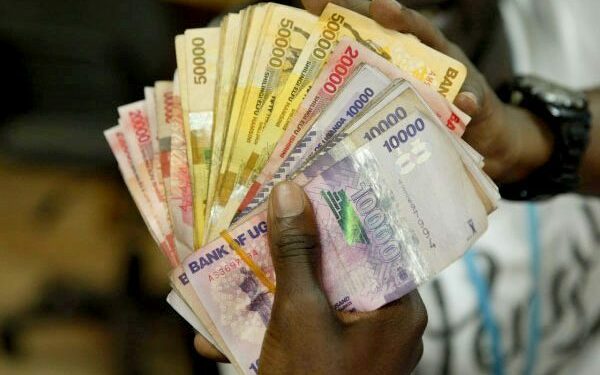Uganda’s national debt is set to soar to extremely alarming levels as government again embarks on a process of borrowing more funds to a tune of UGX. 1.2 trillion from World Bank.
The funds will be borrowed from the International Development Association (IDA), a World Bank agency established in 1960 to help world’s poorest economies finance several endeavors by providing low-interest loans.
Government is set to seek Parliamentary approval today, in a plenary session that will be presided over by speaker Rt. Hon. Anita Among.
The borrowed funds which will be secured will according to government be instrumental in extending electricity to several households in the country, a strategy known as rural electrification.
In short, government intends to mobilize UGX. 2.335 trillion for this cause. Of this amount, 1.2 trillion will be borrowed money, while the rest will be secured from donors as grants.
Parliamentary Committee on Finance, Planning and Economic Development that carried out scrutiny on government request to borrow these funds concluded its report yesterday, in which it backed the move, much as opposition legislators on the same committee are still opposed to the decision.
If Parliament okays government’s move to borrow these funds today, Uganda’s debt burden will soar to extremely worrying levels, as it is now clear that the country has borrowed more than UGX. 4 trillion in a span of 3 weeks.
Of the borrowed funds in the last 3 weeks, UGX. 1.782 trillion was secured from the English based Standard Chattered Bank to supoort the national budget.
Another UGX. 768 billion loan was secured from IDA to work on digitalization of the economy, a decision that was backed by Parliament last week.
Uganda’s ability to independently finance her own budget expenditures has been incapacitated due to a prioritization crisis and gross mismanagement of public funds, resulting into syndicated borrowing, something that has worsened the debt crisis.
Four Months into the 2022/2023 financial year whose large chunk of the budget was financed by borrowed money, government has not stopped contacting money lenders.
This has provocked serious concerns by World Bank and International Monetary Fund (IMF) on Uganda’s rapidly accumulating domestic arrears.
Government has also resorted to getting loans from private money lenders, an equivalent of individuals and businesses, instead of banks to cut accumulating bank debts, an indicator of poor revenue planning.
Uganda’s leader of opposition Hon. Mathias Mpuuga Nsamba in response to renewed government push to borrow suggested that the state should stop unnecessary expenditures, especially the ones that are politically motivated, avail money to critical sectors to ensure sustainability of jobs which will in turn increase productivity and sturve off stractural inflation.
Uganda is languishing in a debt crisis which last financial year escalated to 52.7% higher than the 50% debt to Gross Domestic Product (GDP) redline threshold, according to statistics from World Bank.
Do you have a story in your community or an opinion to share with us: Email us at editorial@watchdoguganda.com








